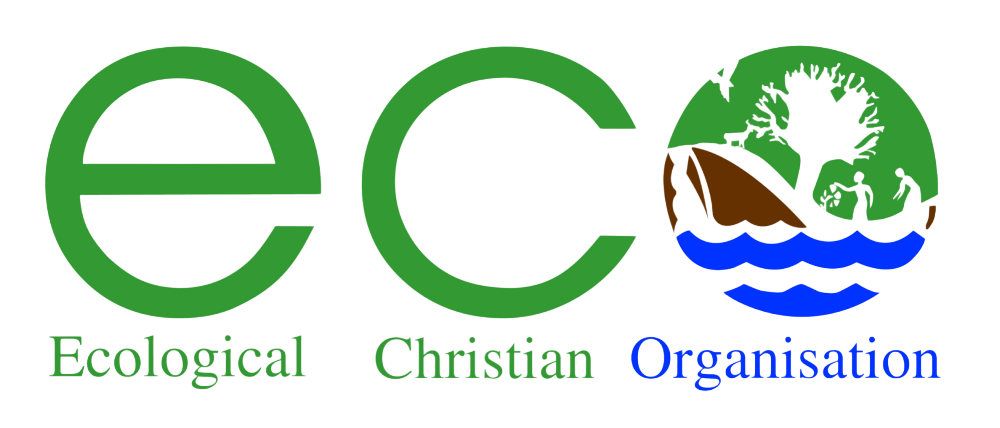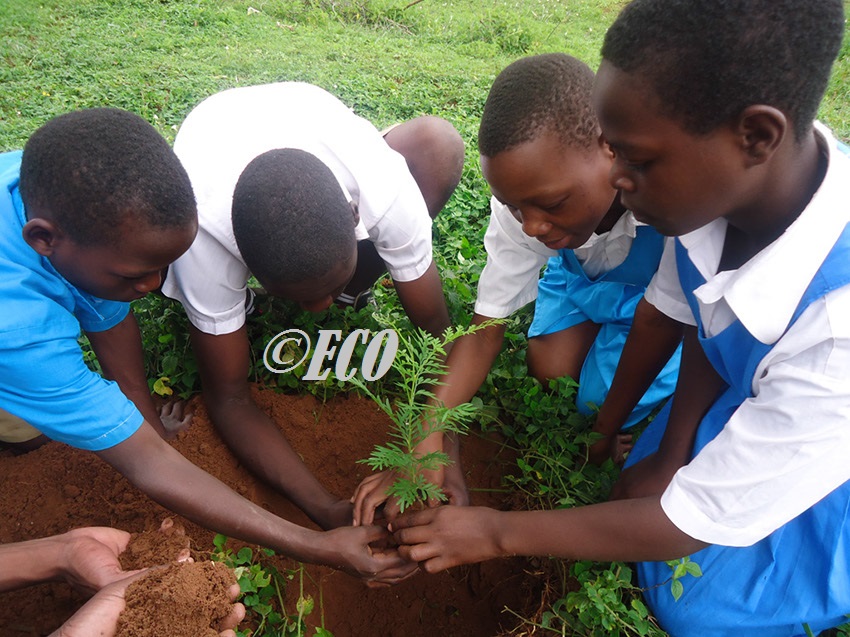Values & Principles
VALUES & PRINCIPLES
To effectively respond to the current and emerging challenges in the country, ECO will implement its strategy by embracing the following core values
Ecological Wisdom
We acknowledge; i) that human beings are part of the natural world and we respect the specific values of all forms of life, including non-human species; ii) the wisdom of the indigenous peoples of the world, as custodians of the land and its resources; and iii) that human society depends on the ecological resources of the planet, and must ensure the integrity of ecosystems and preserve biodiversity and the resilience of life supporting systems. This requires that we learn to live within the ecological and resource limits of the planet, as well as protect animal and plant life, and life itself that is sustained by the natural elements: earth, water, air and sun.
Empowerment of end-users
Farmers, agro-pastoralists, pastoralists and fisher folks, with their unique traditional norms and socio-culturally-respected values, are the prime custodians and managers of key land and other natural resources. It is their decisions and actions which shape and make the most significant and demand-driven differences. Therefore, their inclusion and active participation in the governance arrangements, technology development and knowledge sharing for the management of ecosystem and ecosystem services will be a key focus in implementing this strategy.
Social Justice
We assert that the key to social justice is the equitable distribution of social and natural resources, both locally and globally, to meet basic human needs unconditionally, and to ensure that all citizens have full opportunities for personal and social development. We declare that there is no social justice without environmental justice, and no environmental justice without social justice.
Integrated and holistic approach
Integration and team work across levels, disciplines, gender, timeframes and space, is critical for effective and efficient management of natural resources because of the complex inter-linkages of the different components of ecosystems and their management.
Impact orientation
Poverty reduction, food security improvement and safeguarding environmental quality, taking account of equity issues, are core to this strategy. These will be pursued through integrated approaches, that not only tackle the challenge, but the root causes as well.

